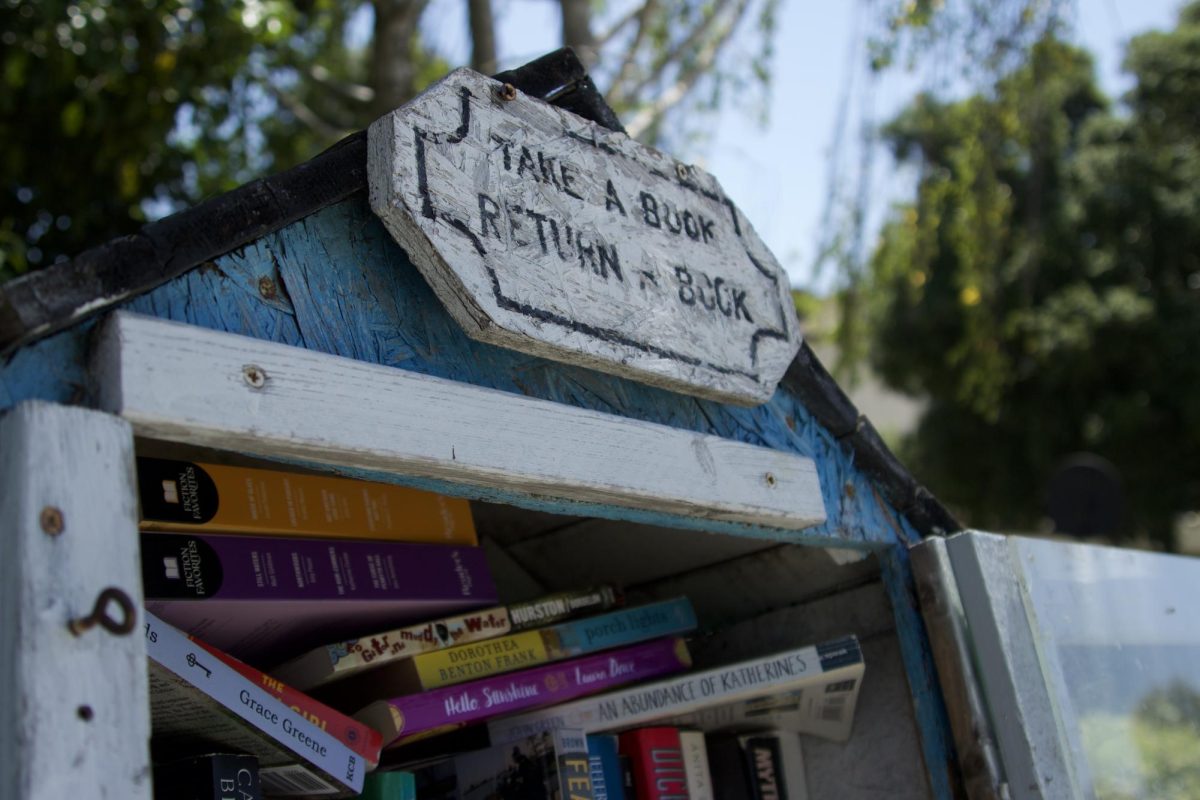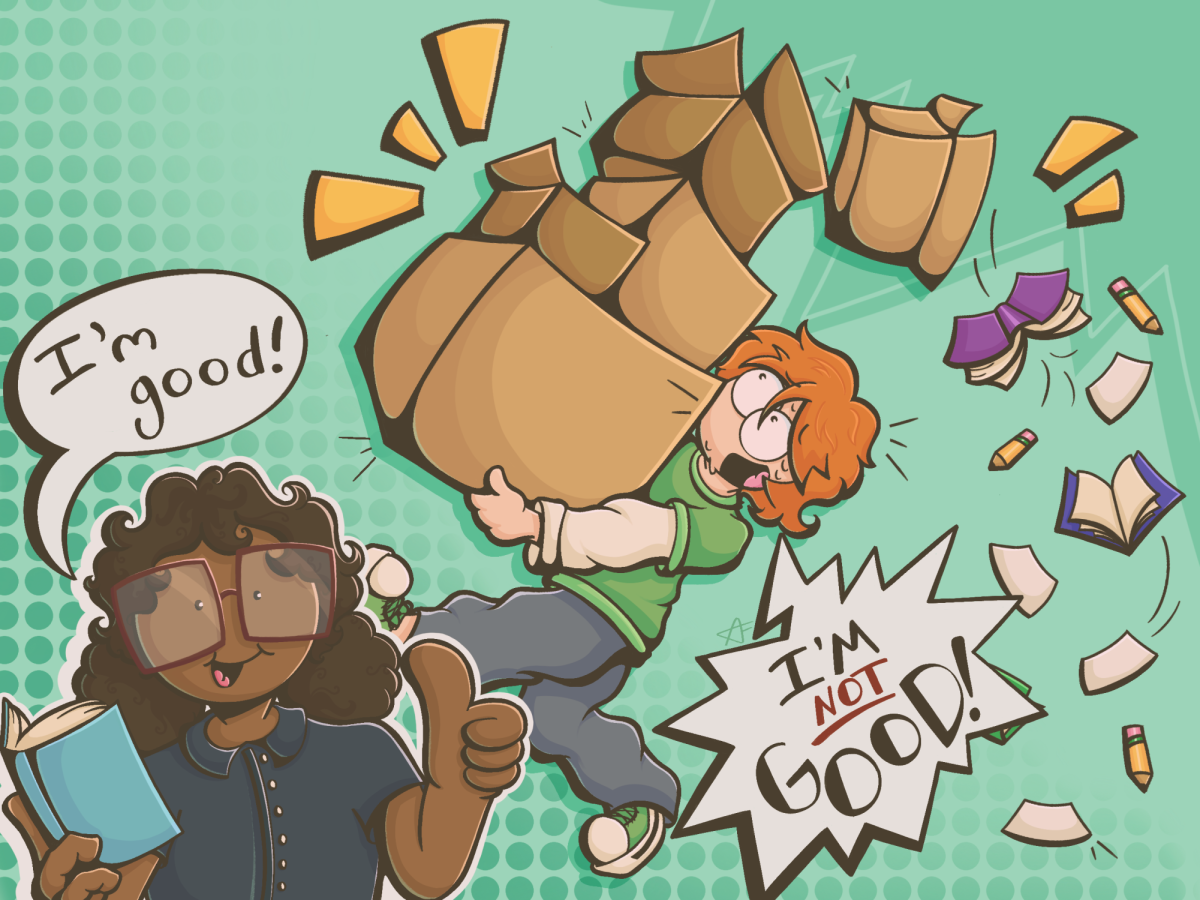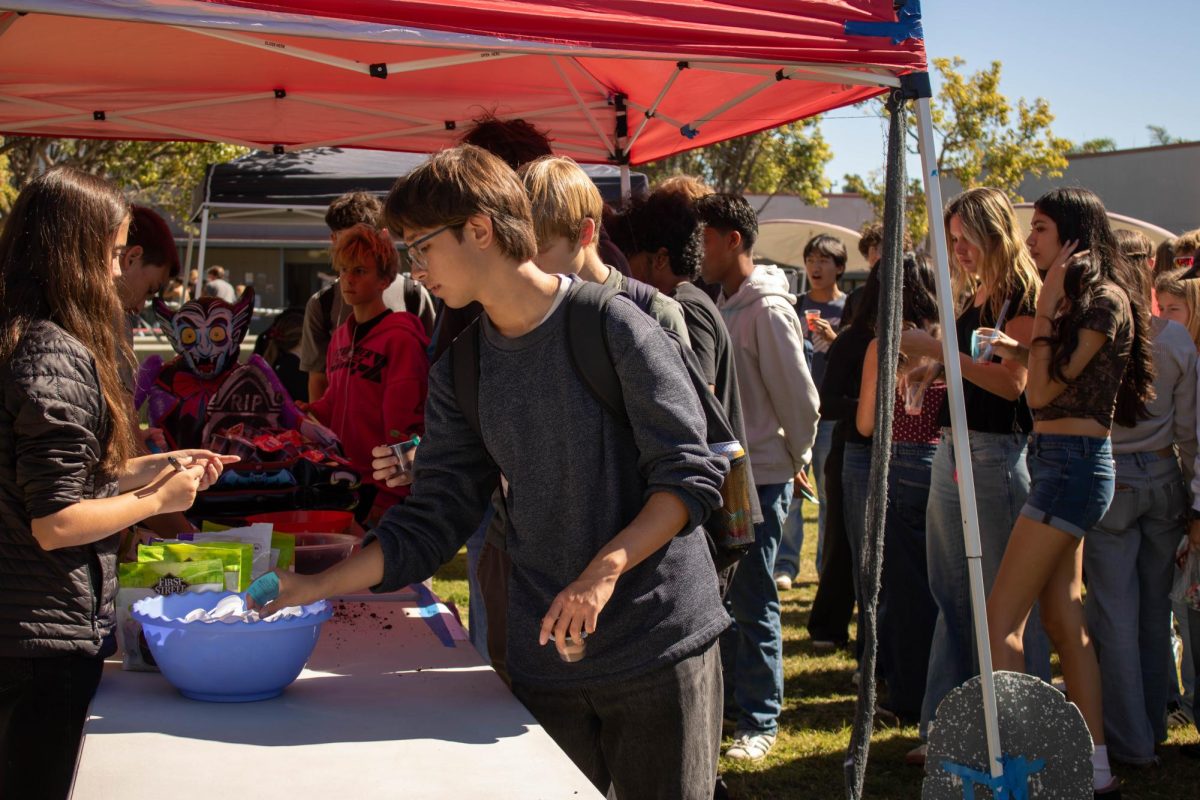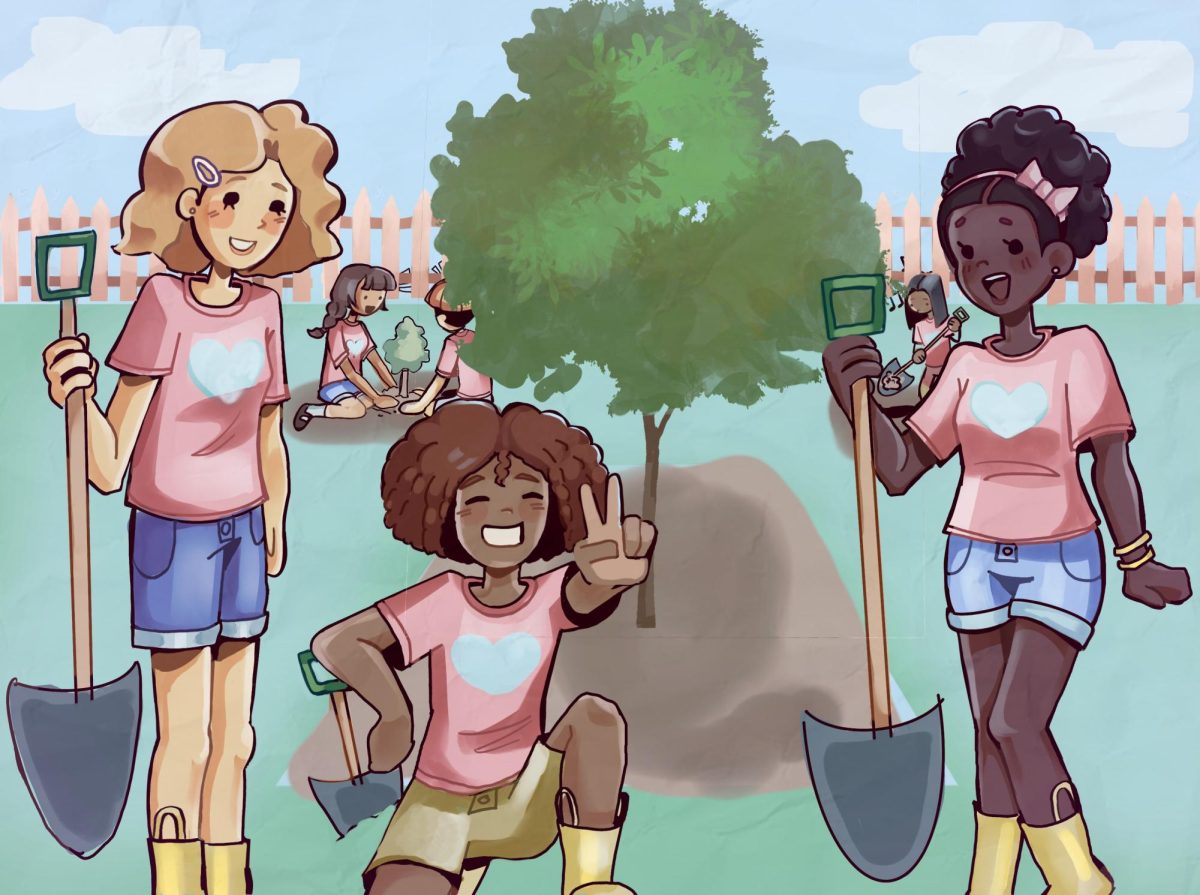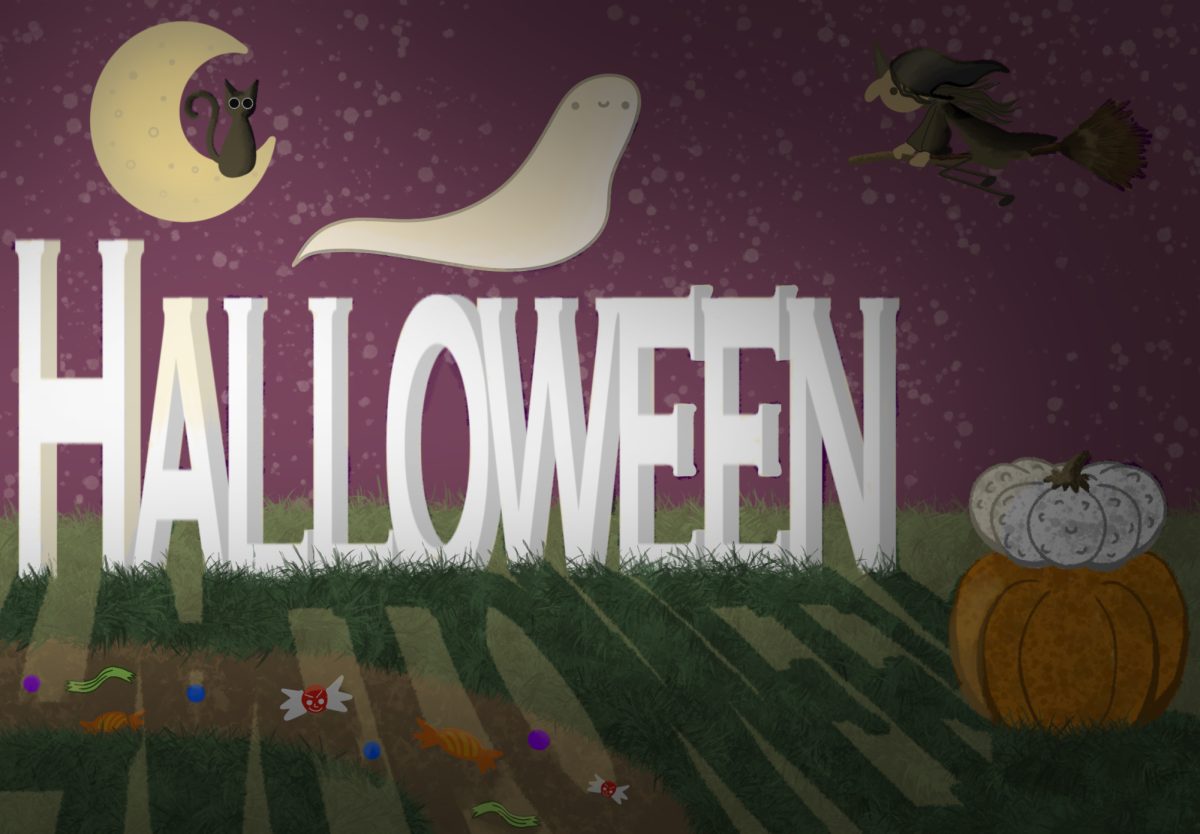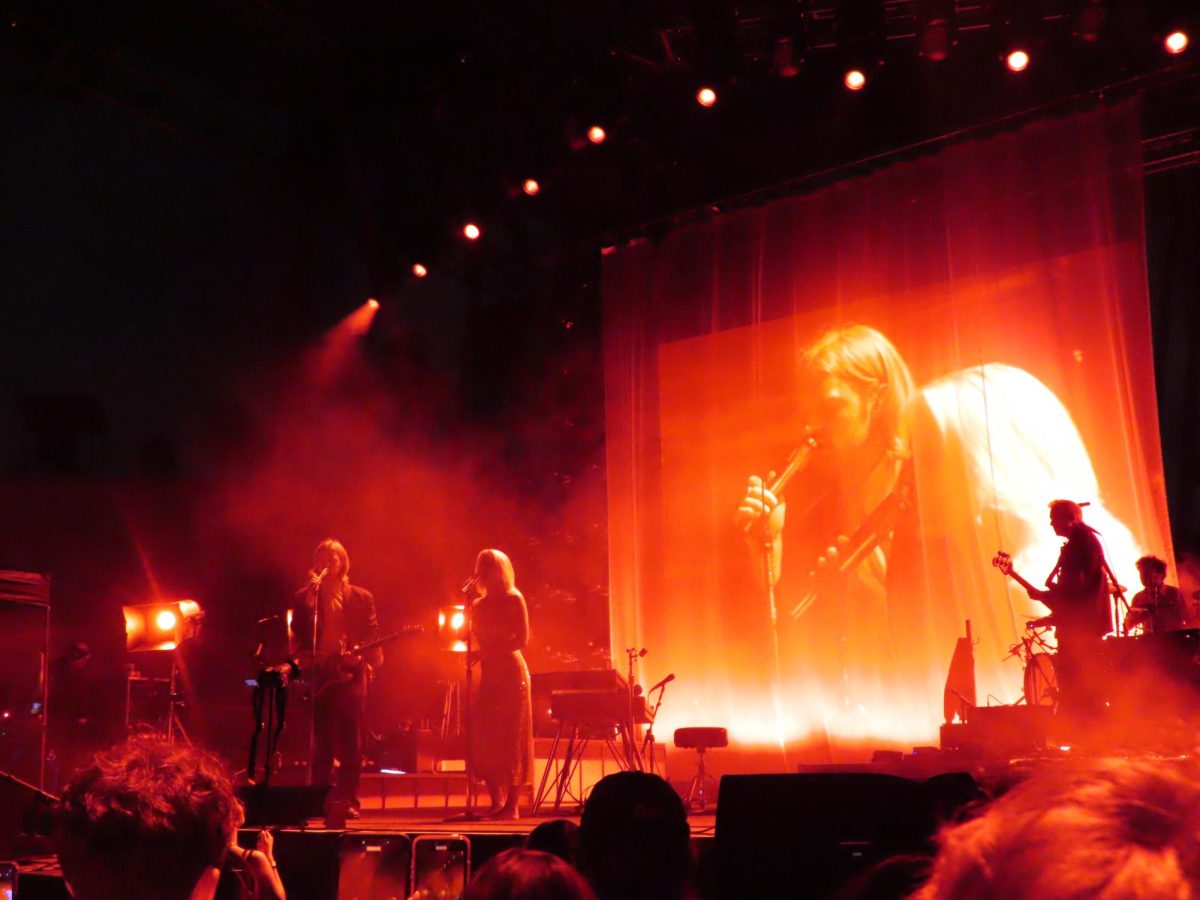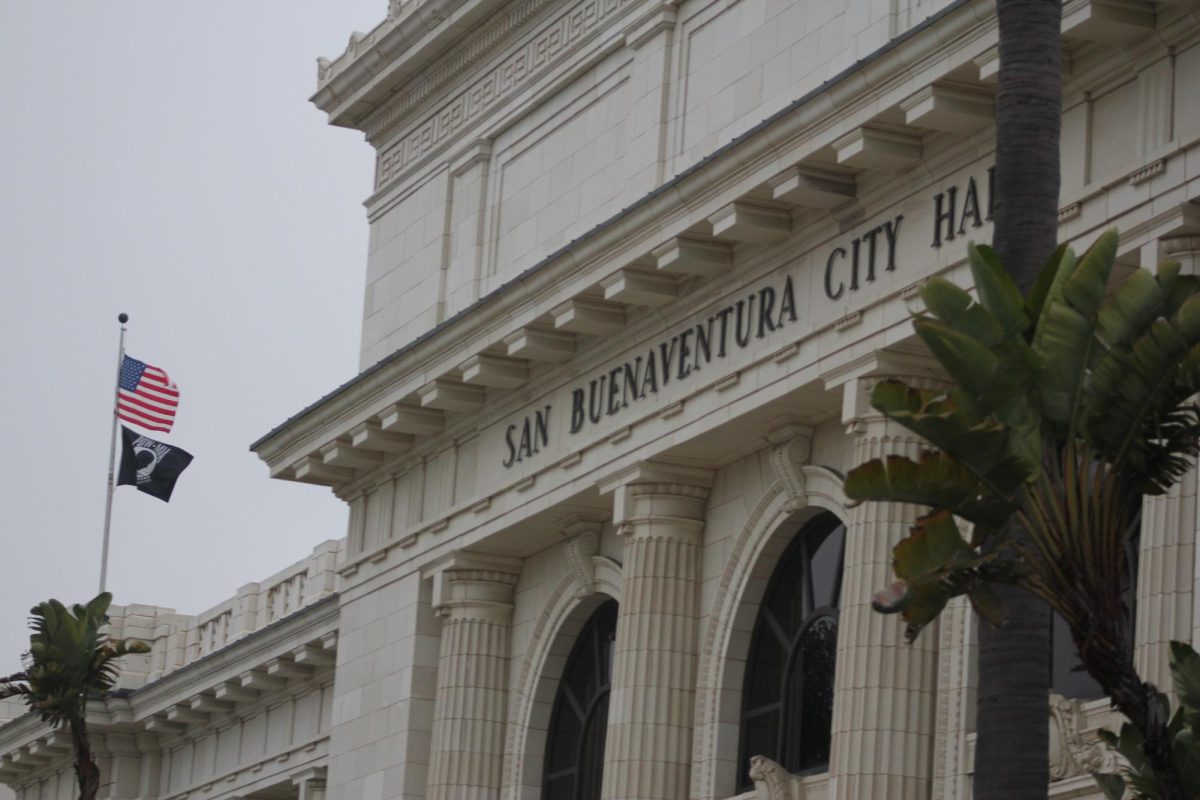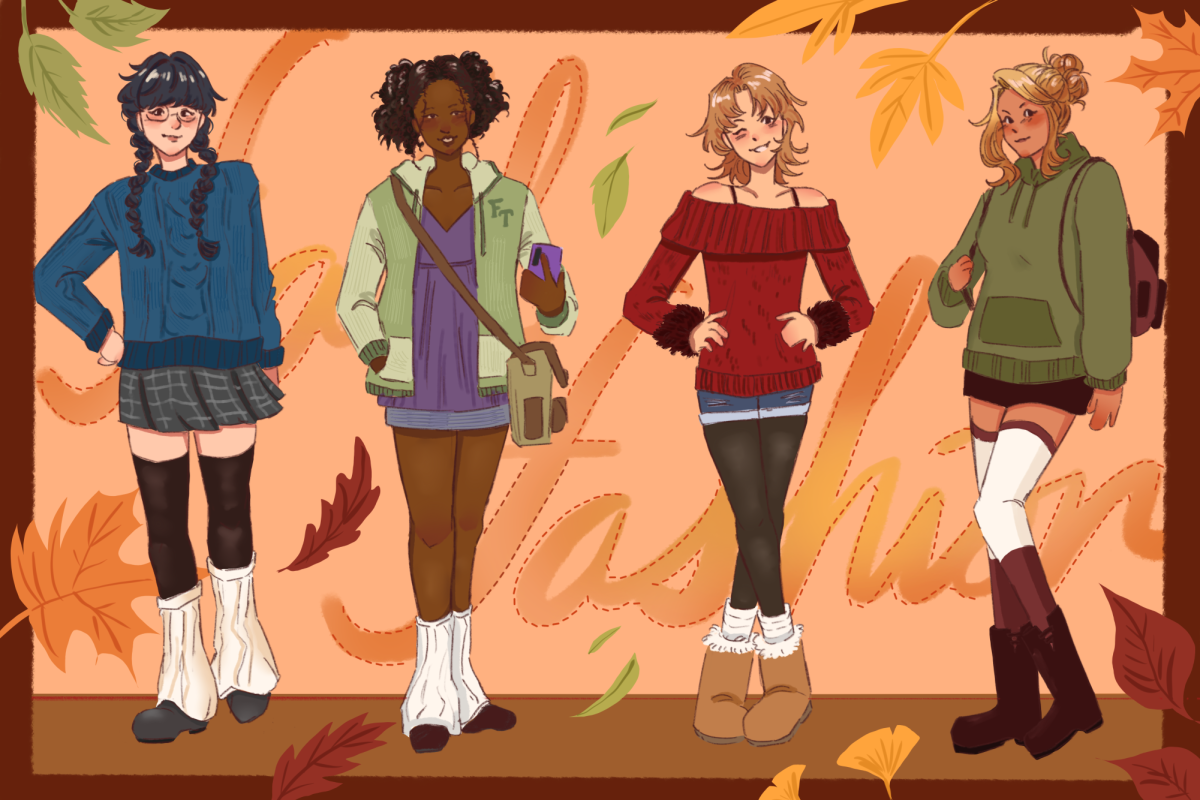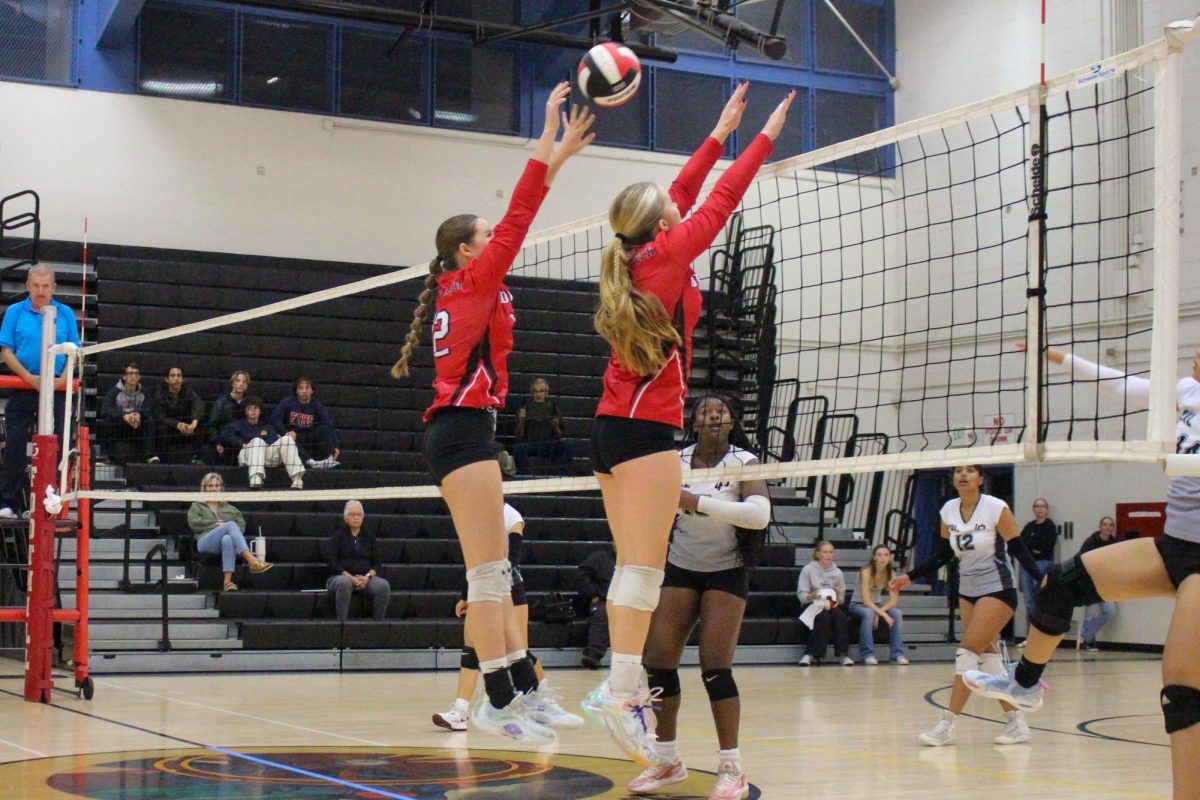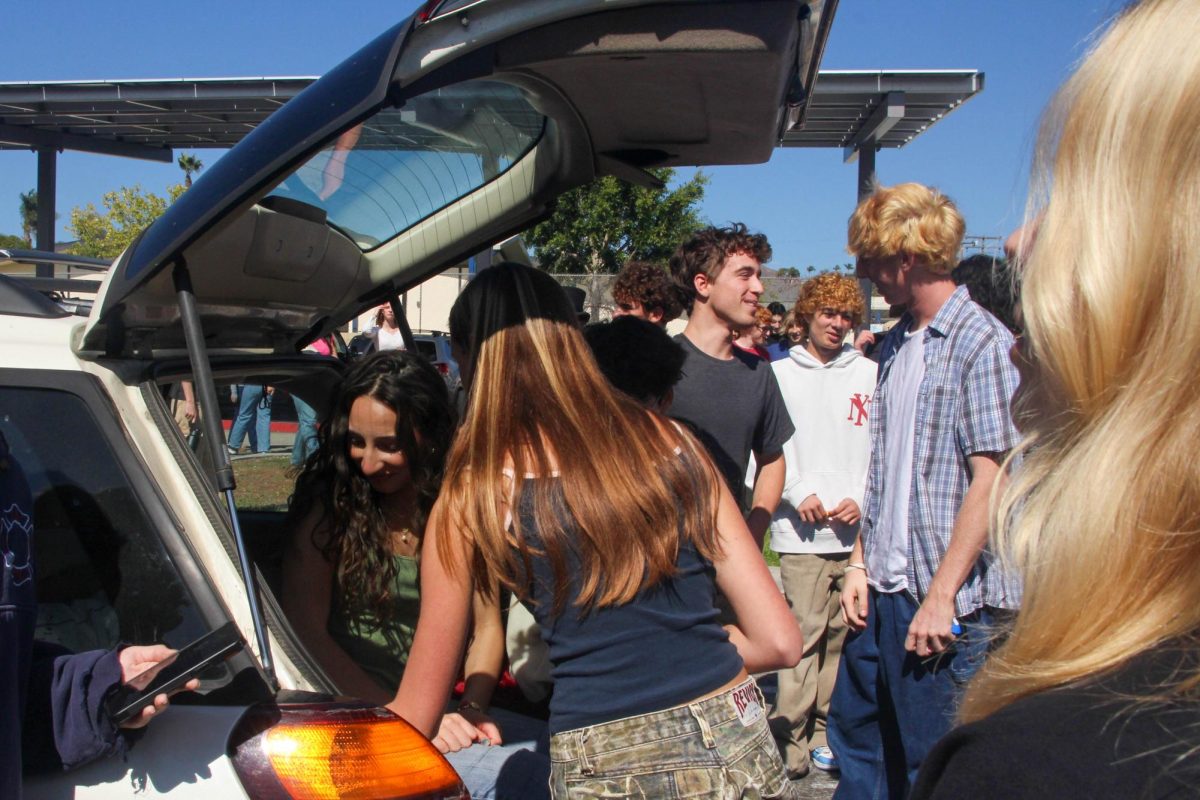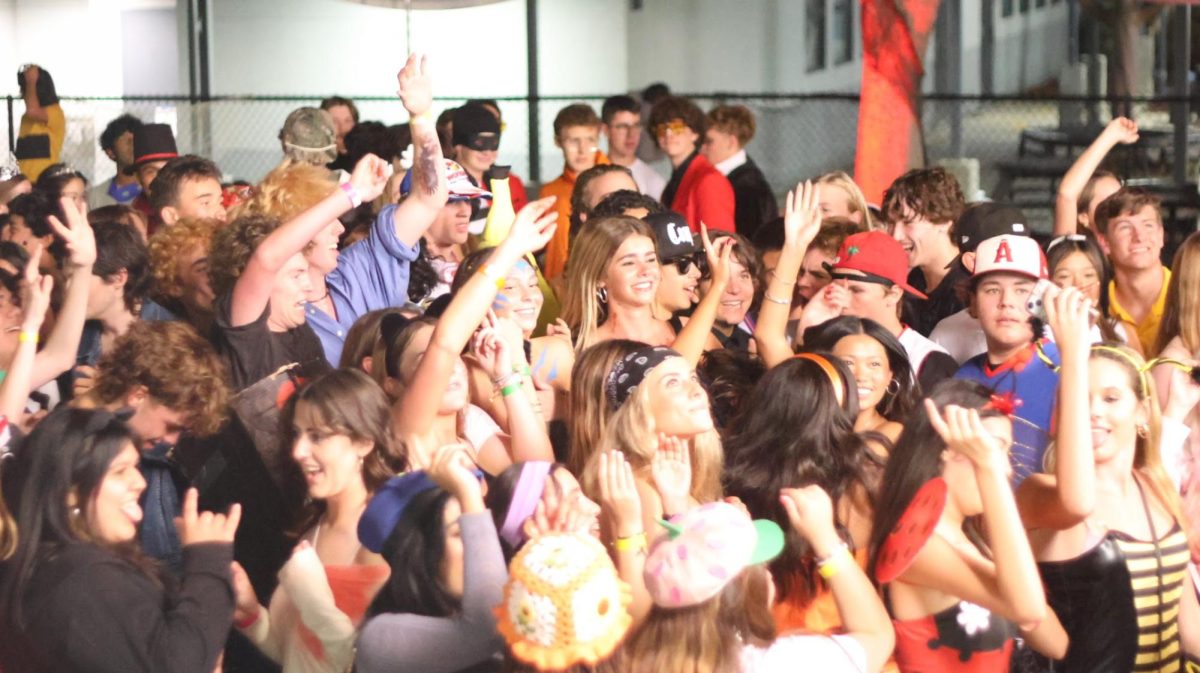A walk in the park; an evening stroll; a morning jog; regardless of what your choice of outdoor activity is, you’ve likely noticed the miniature houses of books staked into the ground. A liaison between literature and neighborhoods, “Little Free Library,” commonly known as “Book Boxes,” are boxes, sheds or houses constructed outside of homes and filled with donated books for the public use of the surrounding neighborhood. The only rule? “Take a book, return a book.”
First begun in 2009, “Little Free Library” was created as a way for Todd Bol to pay homage to his late mother, a school teacher and avid reader. Building a single miniature library in his neighborhood, passerbys were intrigued as the “take one, leave one” system caught on. Catching the eye of fellow friend and professor at University of Wisconsin-Madison (UW Madison) Rick Brooks, Bol and Brooks came together with the goal of re-establishing “gift-sharing networks,” giving away book boxes to be built in communities and eventually registering the organization as a non-profit in 2012. Since its fateful inception, over 150,000 book boxes have been built, connecting small communities with their shared love of literature for almost 15 years.
This little movement – while conceptualized in Wisconsin – has made its way into suburban Ventura, Calif., with neighborhoods displaying the scattered boxes with chalk-scribbled signs. Emily Falls ‘25 reflected on her personal experience with these contraptions saying, “I have a book box in my neighborhood that I like to check up on.” She continued to say that she enjoys the benefits they provide to her community, stating, “They’re aesthetically pleasing to have around and it makes me feel better to know that the community is still donating and reading.” While the boxes may seem small or insignificant, they can be a major source of connection between neighbors as cookbooks, picture books and even crossword puzzles are shared and can be discussed.
While it’s no secret that book boxes have the ability to connect communities, they also play a larger role in the sharing of knowledge and information. Falls additionally reflected that book boxes have the ability to grant “access to books to someone who might not have them,” allowing knowledge to overcome class barriers and returning to the original purpose of libraries that originated with Benjamin Franklin’s “Library Company.”
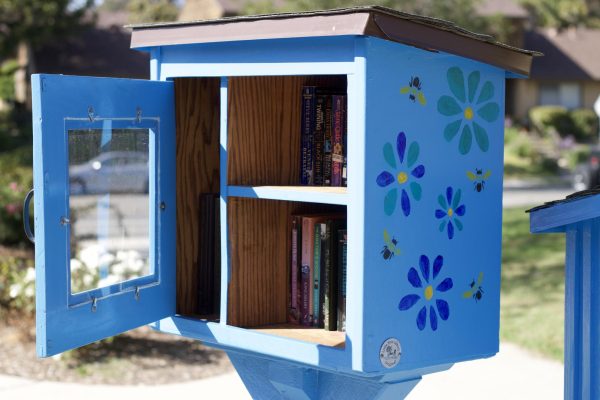
This foundation of sharing knowledge simply for the sake of educating the larger population is entirely more important these days as library agencies face potential budget cuts, as well as larger corporations created for the purpose of spreading information such as the Public Broadcasting Service (PBS).
At a larger scale, The United States has seen literacy rates declining at alarming rates, both in children and adults. The National Assessment of Educational Progress (NAEP) is a government sanctioned test used to track the educational progress of fourth and eighth grade students in a variety of subjects such as math, reading and science. According to The National Assessment Governing Board (NAGB), “Around 40 percent of fourth graders are working below the NAEP basic level in reading… [and] about a third of eighth graders nationwide are failing to to hit the NAEP basic benchmark – the largest percentage ever.”
These statistics are alarming, as the most basic foundations of our societies haven’t seen a rebound in test scores from the online and, frankly, sub-par education the COVID-19 pandemic fostered. The NAGB further explained, “Nearly five years after the COVID-19 pandemic, the nation is below its 2019, or pre-pandemic, scores in both grades and subjects on The Nation’s Report Card.”
While it cannot be asserted that book boxes can solve the slipping educational standards seen across the country, they are a first step in the right direction. Giving children access to books whenever they need it – beyond just a library – not only creates a sense of community, but also turns reading into a fun game. An already enriching walk to the park with their dog turns into a secondary library visit. Flipping through novels with the excitement of the stock constantly changing. Falls has similar views on how book boxes can make reading even more enriching for young children “by making books more than [just] work through these book boxes [and providing] encouragement for young kids.”
Book boxes, born out of a love for reading and educating the youth, continue to do just that: spreading knowledge and being a modern-day beacon for connection in an increasingly disconnected world. So, next time you’re taking a stroll, or driving through a neighborhood, keep watch for a little free library. Just remember: “take a book, return a book.”


